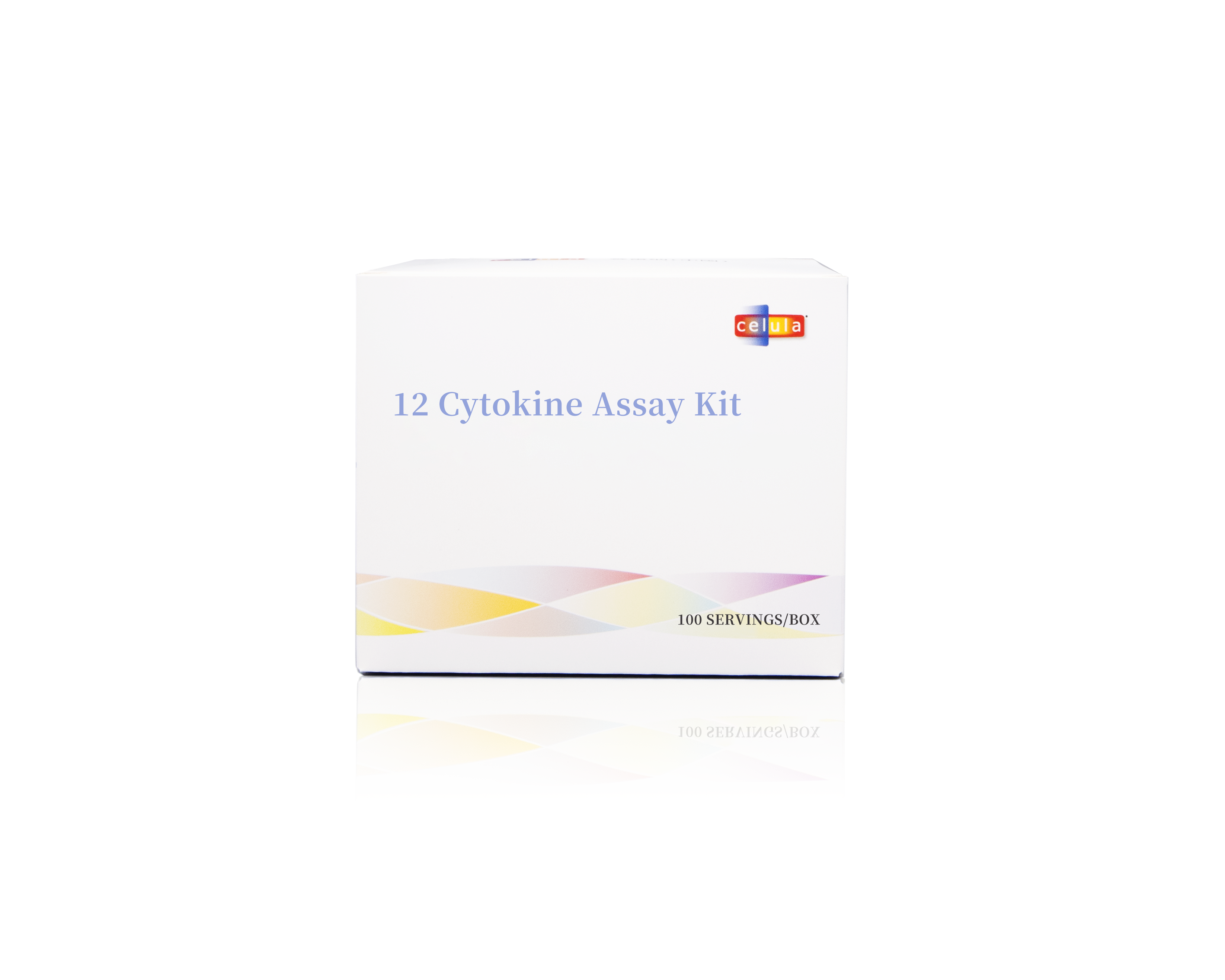聚焦生殖健康 提供完整普惠IVD产品
-
背景介绍
用于检测体外定量人体血清、血浆样本的 TNF-α、IL-6、IL-2、IFN-γ、IL-4、IL-10、IL-8、IL-5、IL-1β、IFN-α、IL-17A、IL-12P70 的含量,为医师提供诊断的辅助信息。适用于感染、自身免疫性疾病、胰腺炎、不明原因发热或 ICU 患者等人群的临床检测, 从而辅助判断机体所处的炎症反应及免疫状态。 仅适用于辅助诊断。
禁忌症:无技术:
本检测试剂基于免疫学分析方法,以荧光微球作为免疫反应固相,利用免疫学分析方法与流式细胞术相结合,用于测定血清、血浆或细胞培养上清中的 12 种人类细胞因子,包括TNF-α、IL-6、IL-2、IFN-γ、IL-4、IL-10、IL-8、IL-5、IL-1β、IFN-α、IL-17A、IL-12P70。本试剂盒检测原理为:荧光微球偶联的捕获抗体与生物素标记的检测抗体同被测样本或校准品中的细胞因子结合成“三明治”复合物, 随后加入的藻红蛋白标记的链霉亲和素(Streptavidin-phycoerythrin, SA-PE), SA-PE 将会结合至检测抗体并提供与被测细胞因子浓度成比例的荧光强度信号, 通过标准曲线即可对特定的被测细胞因子的浓度进行定量。






